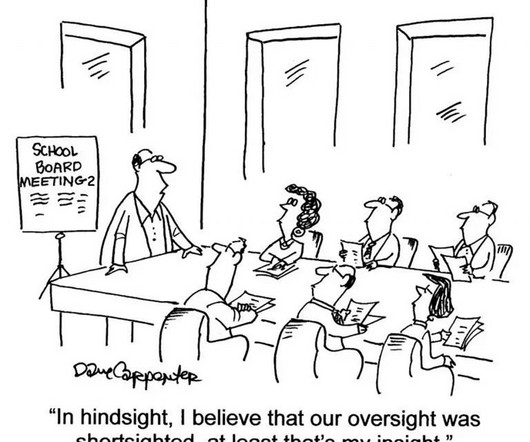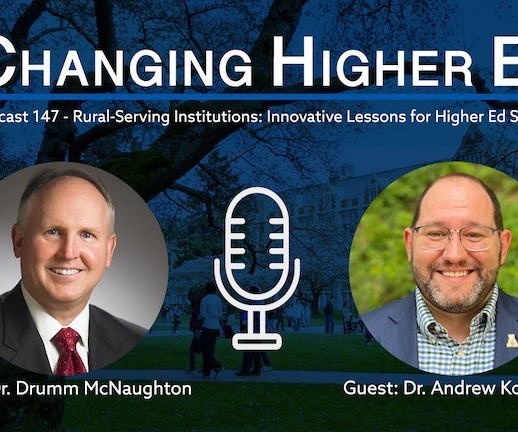Presidential Turnover Crisis in Higher Ed–Solutions and Challenges: The Role of Politics, Policies, Processes, Performance, and Public Relations
The Change Leader, Inc.
SEPTEMBER 21, 2023
For instance, when the COVID-19 pandemic emerged, many institutions were unprepared to handle the complex challenges it presented, much like other industries. Similarly, at Chapel Hill, the board declined to grant tenure to a highly distinguished journalist.










Let's personalize your content